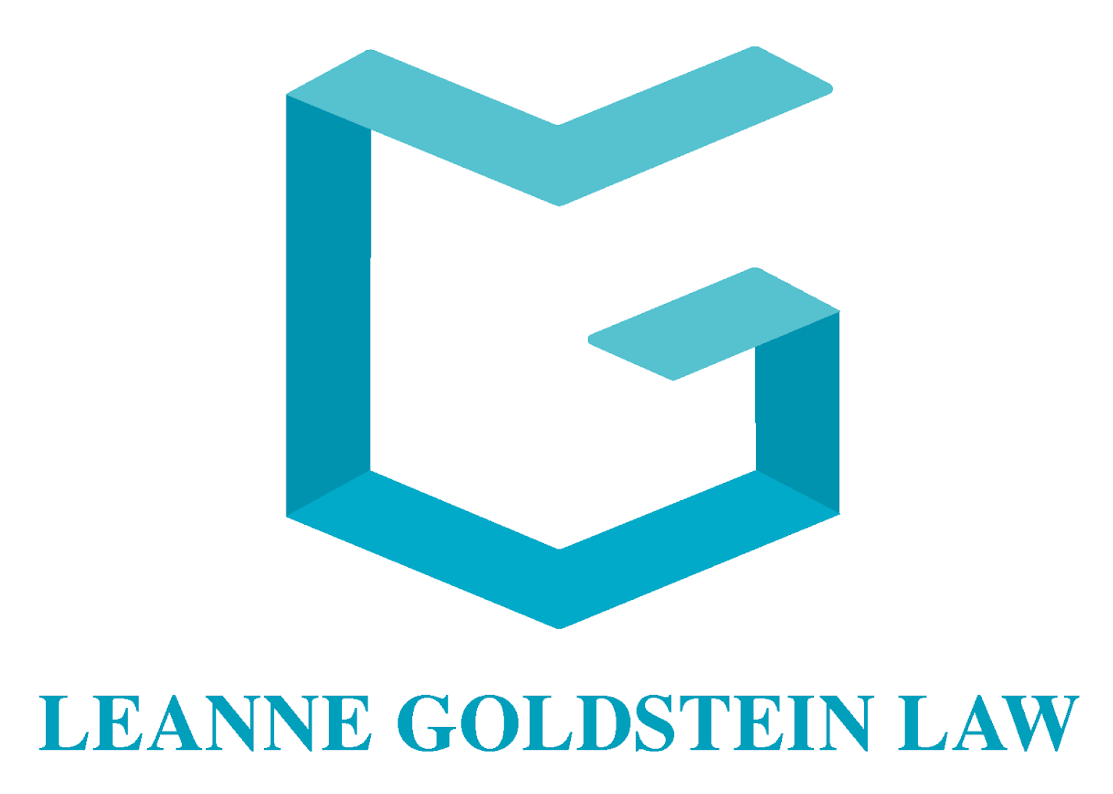For many individuals facing health challenges, disability benefits can provide a much-needed financial lifeline. However, navigating the application process for these benefits is not always straightforward. One of the paramount aspects of securing disability benefits is having thorough, accurate, and compelling application and supportive medical documentation. This article delves into the role medical records play in securing disability benefits.
- The Foundation of a Disability Claim: Why Medical Documentation Matters
Disability benefits are designed to assist individuals who are unable to work due to health-related challenges. To determine eligibility, the entities that administer these benefits require evidence, and medical documentation serves as this crucial proof.
- Components of Comprehensive Medical Documentation
- a) Medical Histories: A detailed account of an individual’s health over time, highlighting any conditions or incidents that may have contributed to their disability.
- b) Treatment Records: Details of treatments undertaken, including medications, surgeries, therapies, and their outcomes.
- c) Diagnostic Tests: From X-rays and MRIs to blood tests, these can objectively illustrate the nature and severity of a medical condition.
- d) Doctor’s Notes and Opinions: Statements from treating physicians, discussing the patient’s condition, limitations, and their professional opinion on the disability’s permanency or projected duration (also known as prognosis) .
- Common Pitfalls in Medical Documentation
- a) Vagueness: Generic statements like “patient is unwell” without specifics can be detrimental. It is important for treatment providers to specify the details of symptoms and functional impairments.
- b) Inconsistencies: Discrepancies between various reports or records can cast doubt on the authenticity or severity of the claim and are often relied upon by insurers to attack credibility
- c) Outdated Information: Old medical records, while relevant, might not offer a clear picture of the current situation. Regular updates are essential. An insurer has an ongoing obligation to adjudicate a claim to continuously determine if medical information meets the test for disability under the applicable policy.
- Collaborating with Healthcare Providers
Building a strong relationship with healthcare providers is vital. They can ensure:
- Timely and thorough documentation
- Objective and subjective evidence of your ongoing disability
- Willingness to provide additional information or clarification if insurers or program administrators have queries
- Digital Evolution: The Growing Importance of Electronic Medical Records (EMRs)
EMRs are revolutionizing the way medical information is stored, shared, and analyzed. They offer:
- Easier access and transmission of records
- Enhanced accuracy with real-time updates
- Reduced risk of lost or misplaced information
- The Adjudication Process: How Insurers Evaluate Medical Documentation
Insurance adjusters or case managers review the medical documentation provided, looking for:
- Consistency in reports
- Severity of the medical condition
- Frequency of treatment
- The anticipated duration of the disability
- Any potential for rehabilitation or recovery
- Tips for Ensuring Robust Medical Documentation
- a) Regular Medical Check-ups: Stay consistent with appointments, ensuring a continuous record of your health status.
- b) Seek Specialist Opinions: If your condition requires it, get assessments from specialists, which can provide a deeper insight into your disability.
- c) Organize and Update: Keep your records organized, and ensure they are updated regularly, especially if your condition evolves.
- Conclusion: The Indisputable Value of Medical Documentation
While navigating the labyrinth of disability claims can be daunting, having robust medical documentation can smooth the path. It not only acts as concrete evidence of your condition but also tells your story, making a compelling case for why you deserve the benefits. The adage “knowledge is power” holds especially true here. Knowing the role and significance of medical records in the process empowers individuals to take proactive steps, ensuring their rights and needs are effectively addressed.
